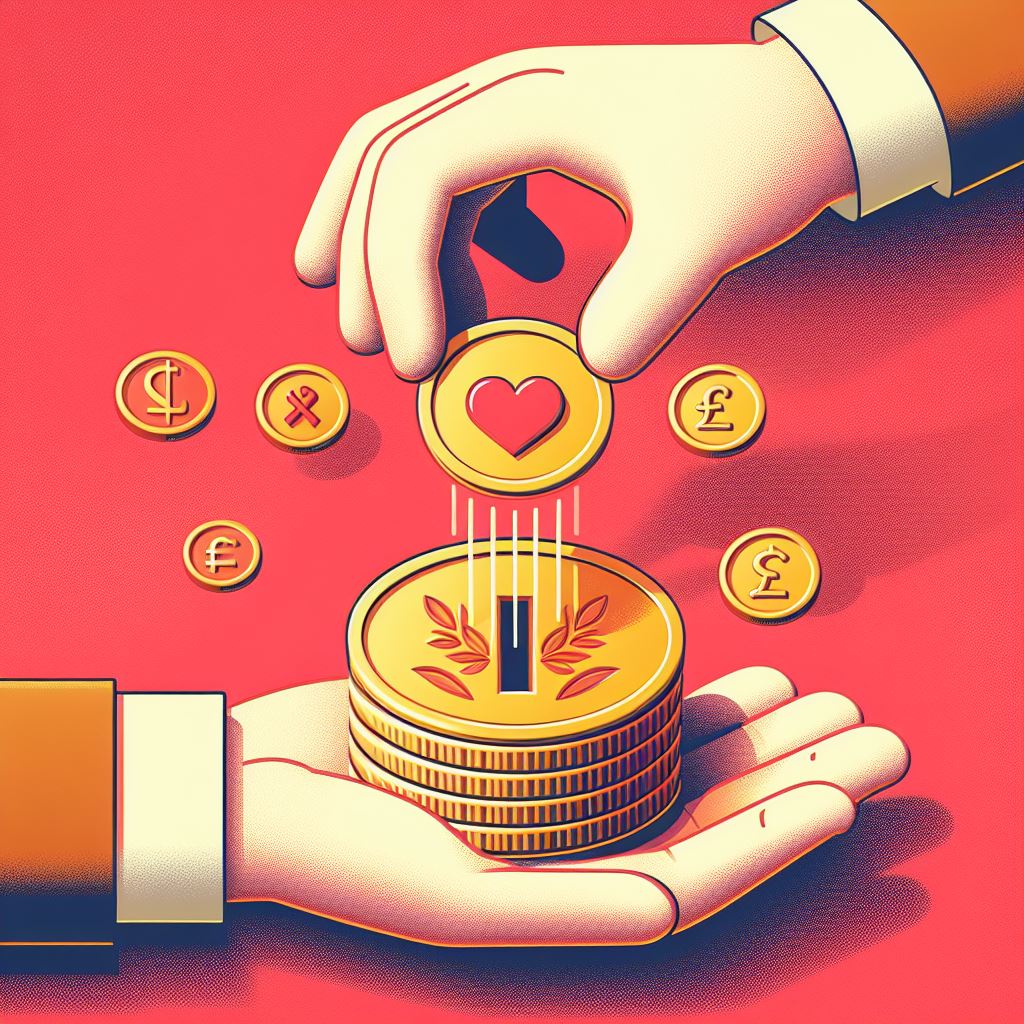
A “giving mindset” can empower you. When you dedicate your time, money, or energy to helping others, you are subconsciously saying to yourself, “I have plenty.”
A “giving mindset” can create a unique feeling of empowerment and gratitude.
By demonstrating ways you are able to provide value and service to others, you’re also proving to yourself that you are a person of value who has many resources available to them.
In this way, the act of giving can makes you feel more abundant – whether you are dedicating your time, effort, or money to helping others, you are subconsciously saying to yourself “I have plenty.”
When you give, you reframe what you have, which cultivates more appreciation for your current position in life. You are telling your brain “I have excess, I can afford to give.” And it teaches you that you don’t need “more” to be happy.
Life isn’t about how much we have, but how much we do with what we have. And some of the most rewarding ways we can invest our time, energy, money, and resources are in the service of others.
A dollar to someone in need is often worth more to them than it’s worth to you. And an hour spent volunteering is often worth more to the people you help than that same hour spent watching TV or playing video games.
With a “giving mindset,” we aren’t losing anything at all – we are in fact maximizing our time, money, and value on a bigger scale.
That’s a powerful perspective.
The Power of A “Giving Mindset”
There’s already plenty of research into the benefits of a “giving mindset,” whether it be volunteering, charity, or just random acts of kindness.
Here are a bunch of studies worth sharing:
- One meta-analysis performed by researchers at the University of Oxford discovered that acts of kindness boost well-being and life satisfaction to a small (but meaningful) degree. The old saying “happy to help” rings true.
- Another study published in NeuroImage found that acts of kindness light up the brain’s reward system (aka “a dopamine rush”), even when those acts of kindness were done strategically rather than altruistically.
- When it comes to long-term relationships, most people rank “kindness” as one of the top traits they look for in a partner, even across different cultures. This was according to a study published in the Journal of Personality.
- In one study published in the Journal of Occupational and Environmental Medicine, researchers discovered that those who volunteered more experienced less stress, less burnout, and a greater feel of “work-life” balance.
- Another study published in PLOS ONE found an association between volunteering and self-related health (and this relationship was only partially mediated by socioeconomic status).
And new research is still coming out every year.
Our brains are hard-wired to be kind and prosocial, so it’s not surprising that acting in these ways is going to feel good and be rewarding in the long-term.
My favorite finding is that individuals who dedicated more time to volunteering actually felt like they had more time and a greater “work-life” balance (even when controlling for other factors such as job characteristics).
This goes back to the main lesson…when we give more, we gain more.
A “giving mindset” empowers you because…
-
1) When you give, you reframe what you have.
2) When you give, you feel good for doing something rewarding (which you deserve to feel).
3) When you give, you encourage reciprocity and others being kind back to you.
It really is a “win-win-win” situation all around.
If you don’t think you are in a position to give, I challenge you to find small ways – even if it’s just giving a compliment, holding the door for someone, or a friendly conversation with a lonely stranger.
Make “one small act of kindness” part of your daily routine.
Because you can never underestimate the power of a compliment or small gesture of kindness – sometimes that can keep a person going for days, weeks, months, or even years.
A “giving mindset” shows us that we often have more power at our disposal than we realize.
How can you cultivate a “giving mindset” into the future?
Enter your email to stay updated on new articles in self improvement:
